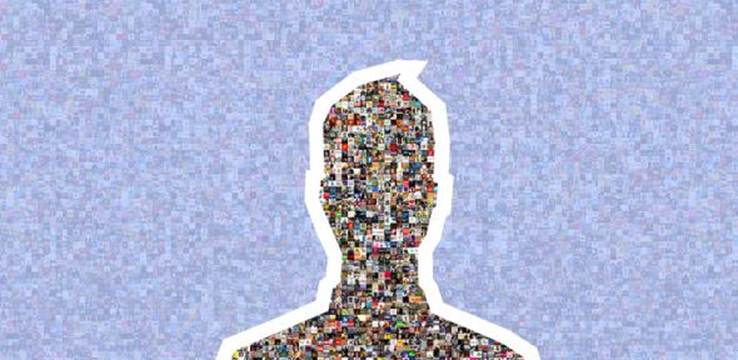Would you believe it ….Your digital footprint says a lot more about you than you think ! Researchers at Cambridge University ( study press release ) published at http://www.pnas.org/ distilled Facebook data to predict some personality traits or behaviours such as “sexual orientation, ethnicity, religious and political views, personality traits, intelligence, happiness, use of addictive substances, parental separation, age and gender.” Well if you give off the signals (links, likes, pages) it is quite easy to determine…. The analysis is based on 58,000 volunteers who offered to share their Facebook “likes.” Using the information gleaned from Facebook, the researchers were able to accurately tell a man’s sexual orientation 88 percent of the time, whether they were white or African-American 95 percent of the time, and whether they were a Democrat or Republican 85 percent of the time. Even religious affiliation, specifically determining if a person was Christian or Muslim, was pr

